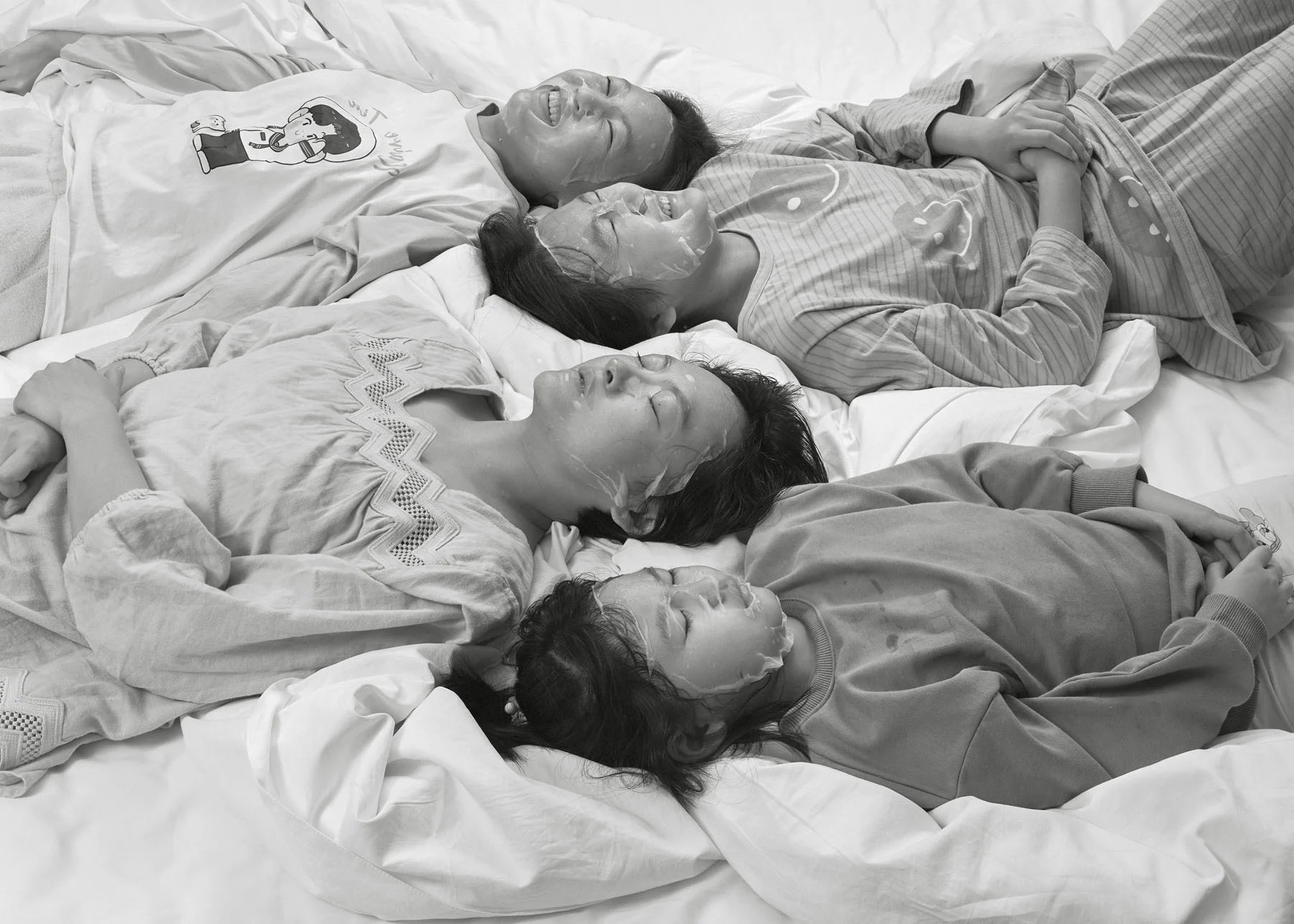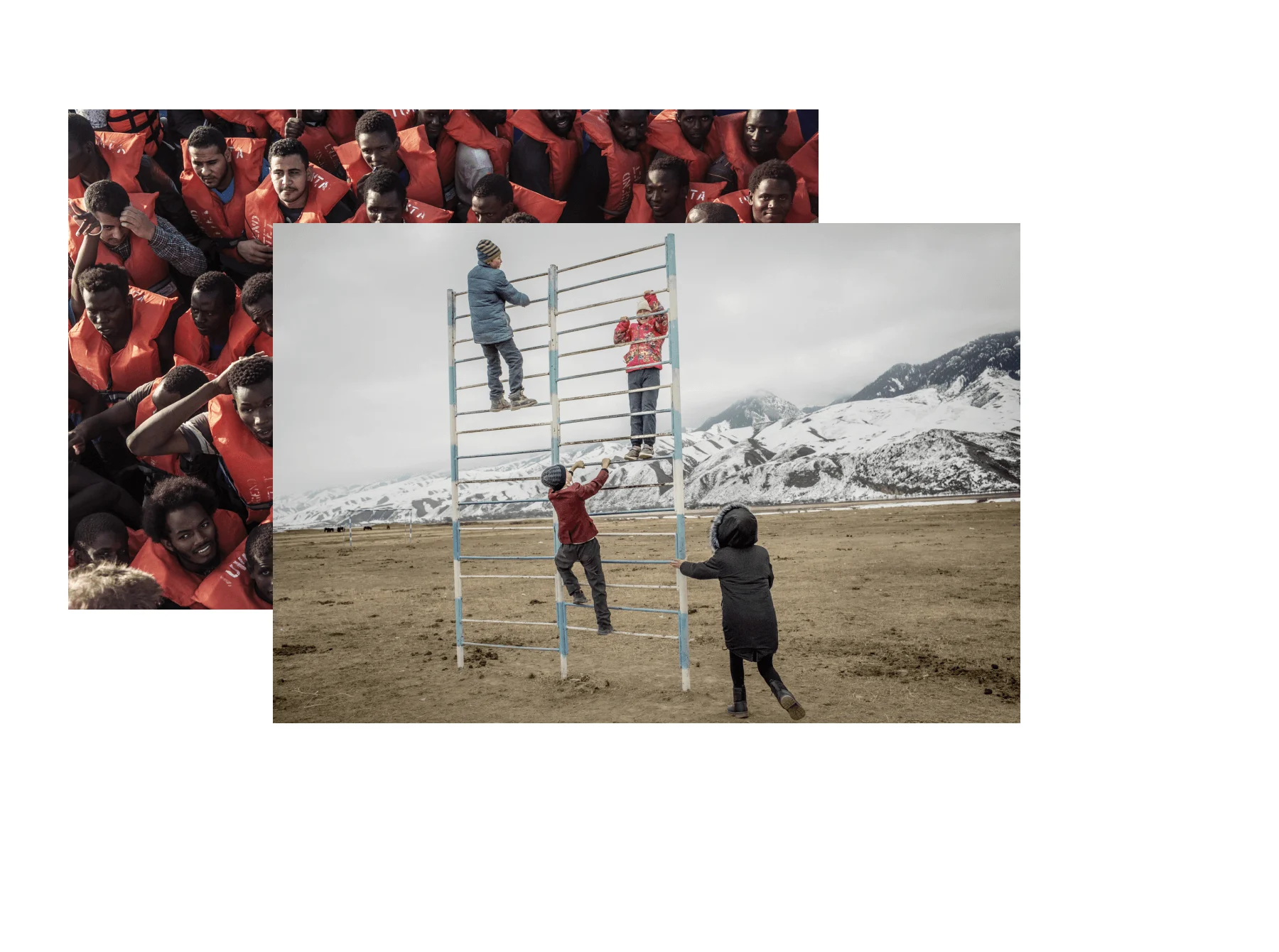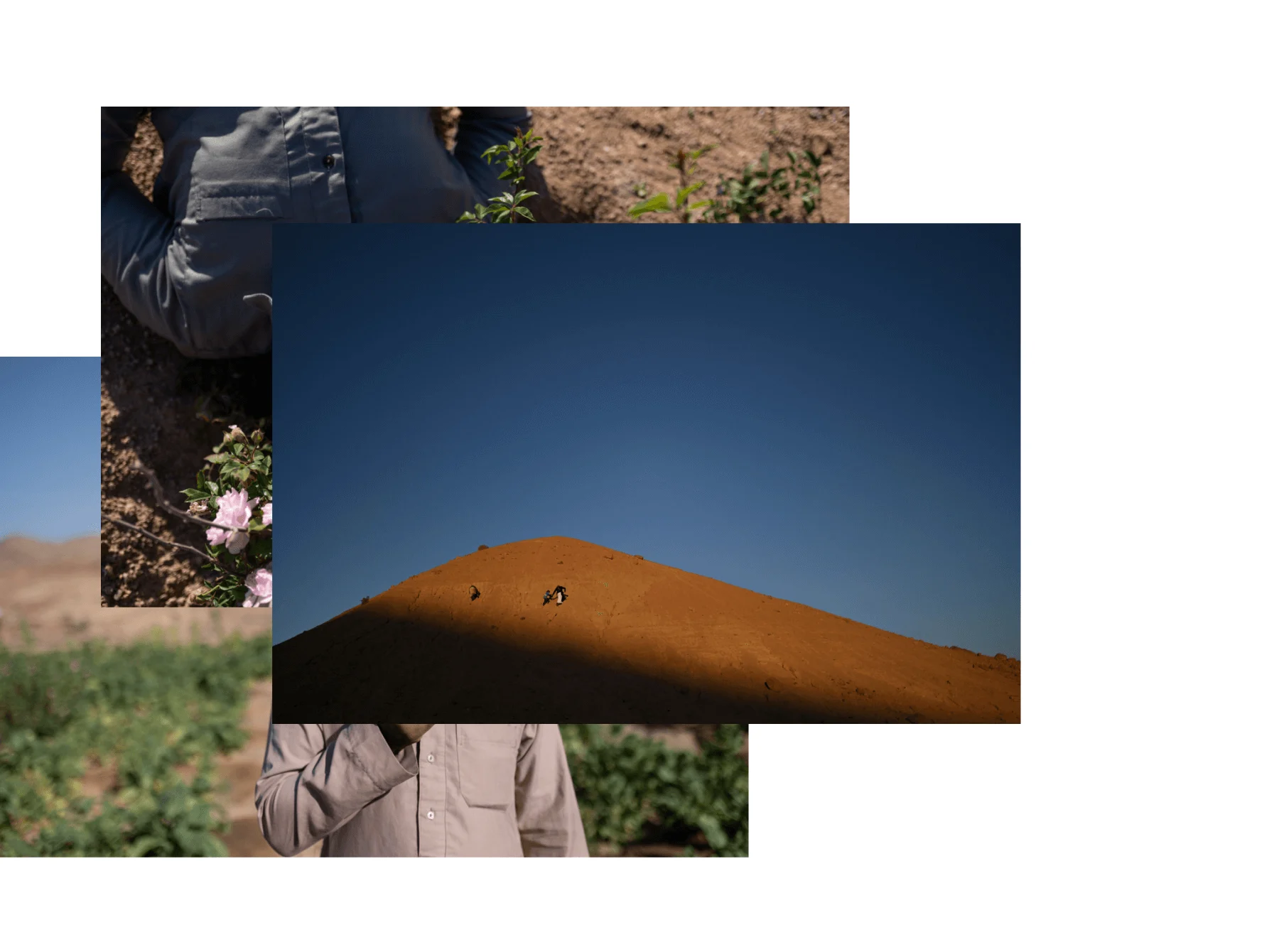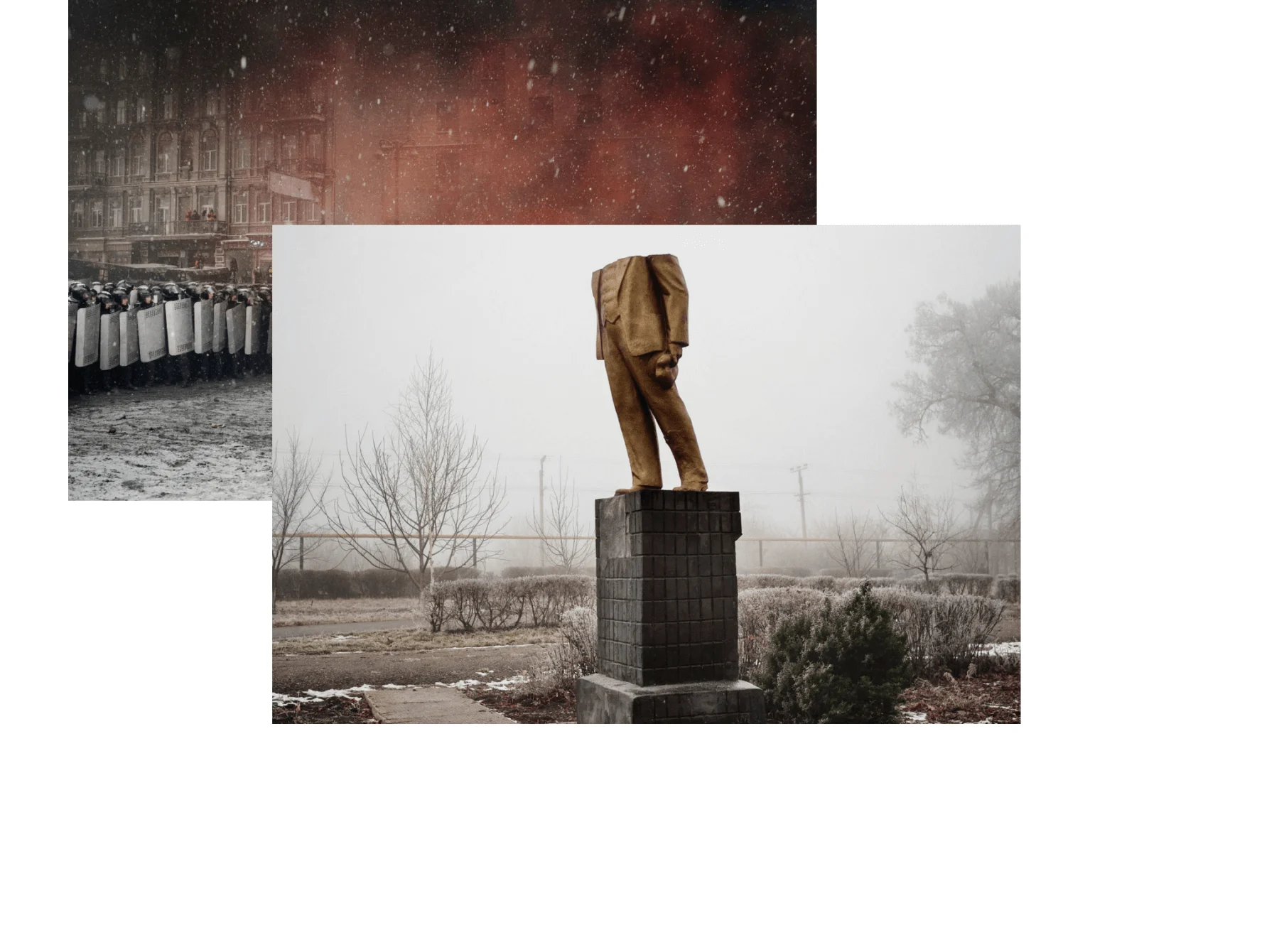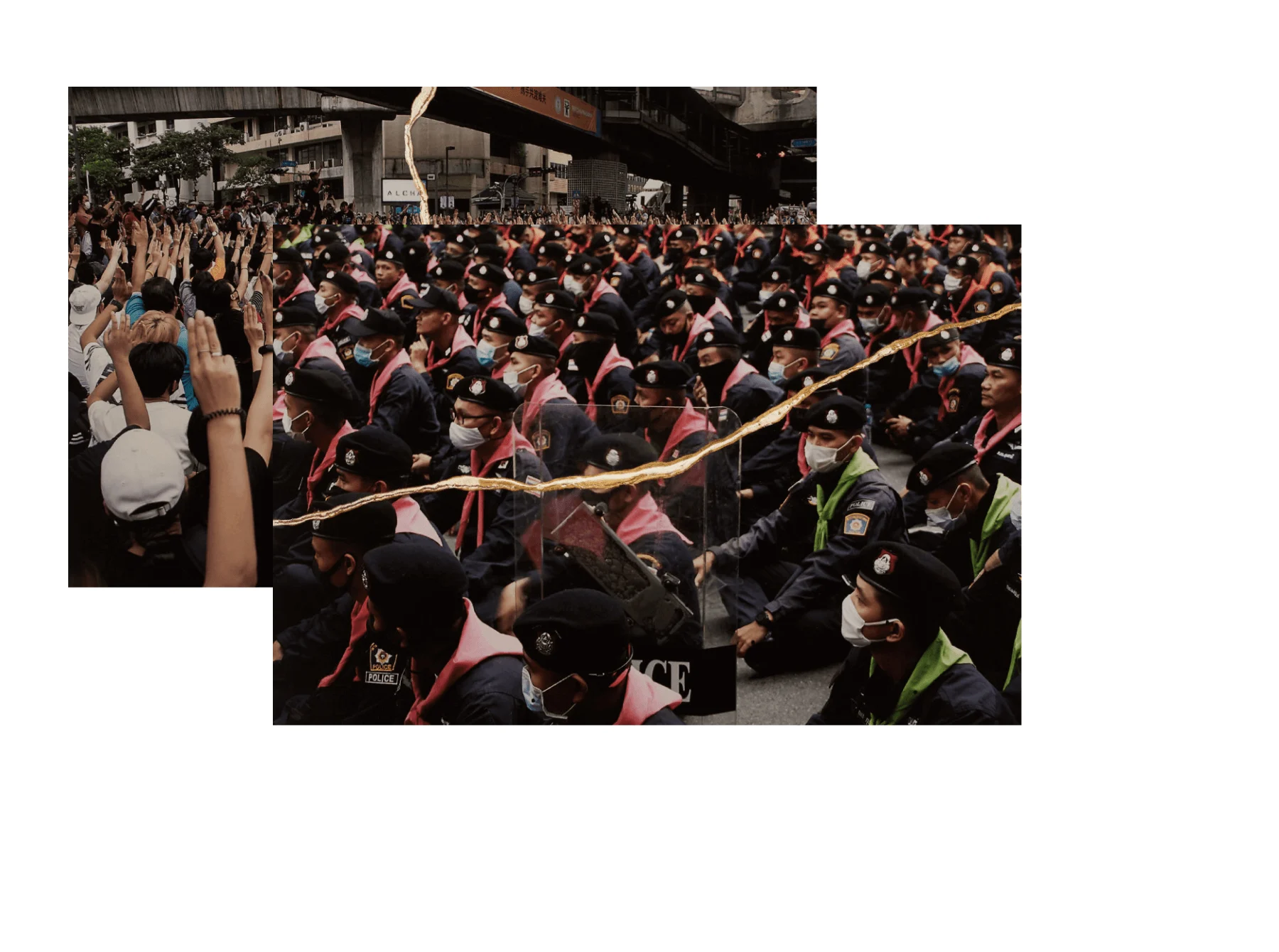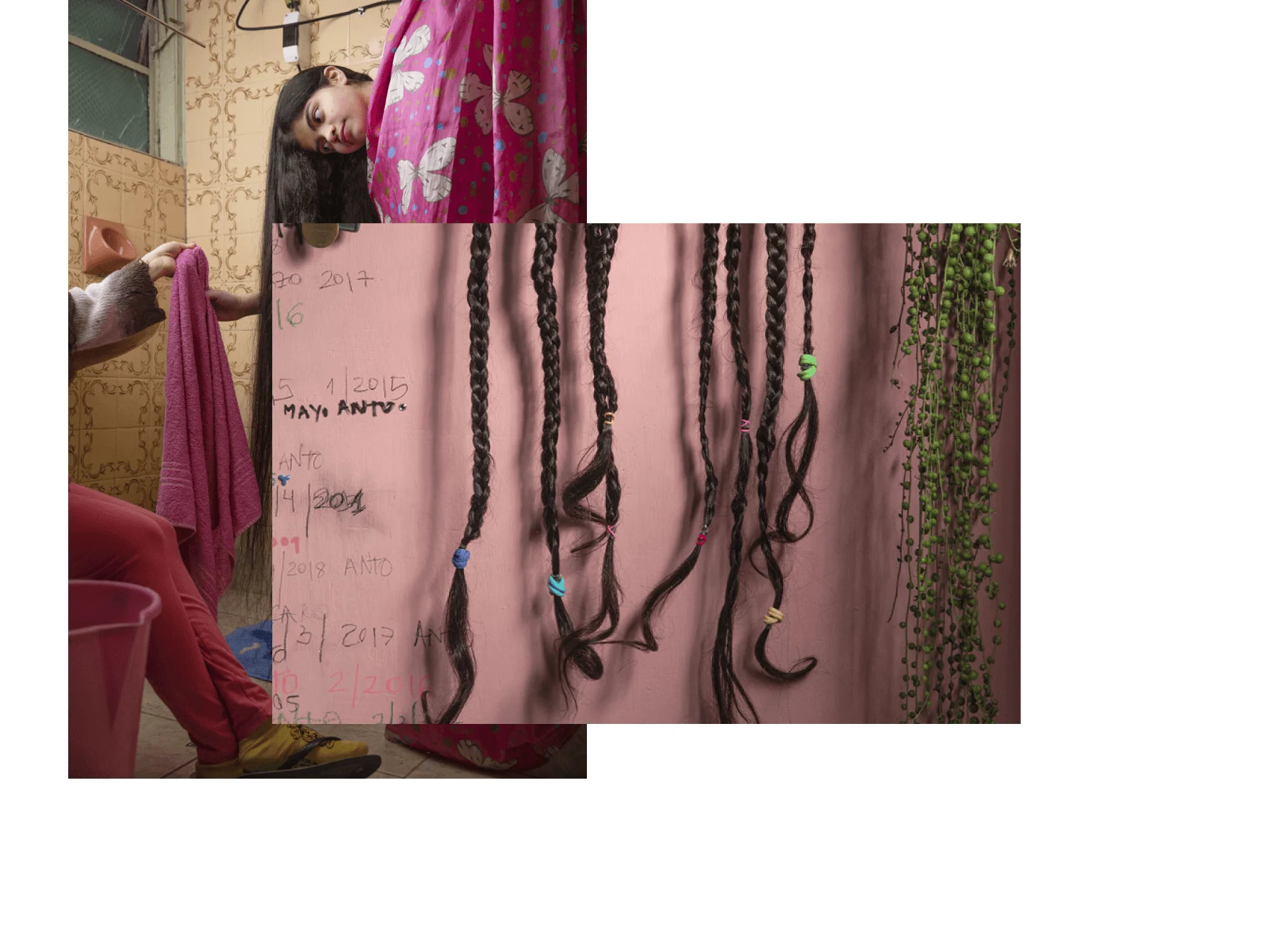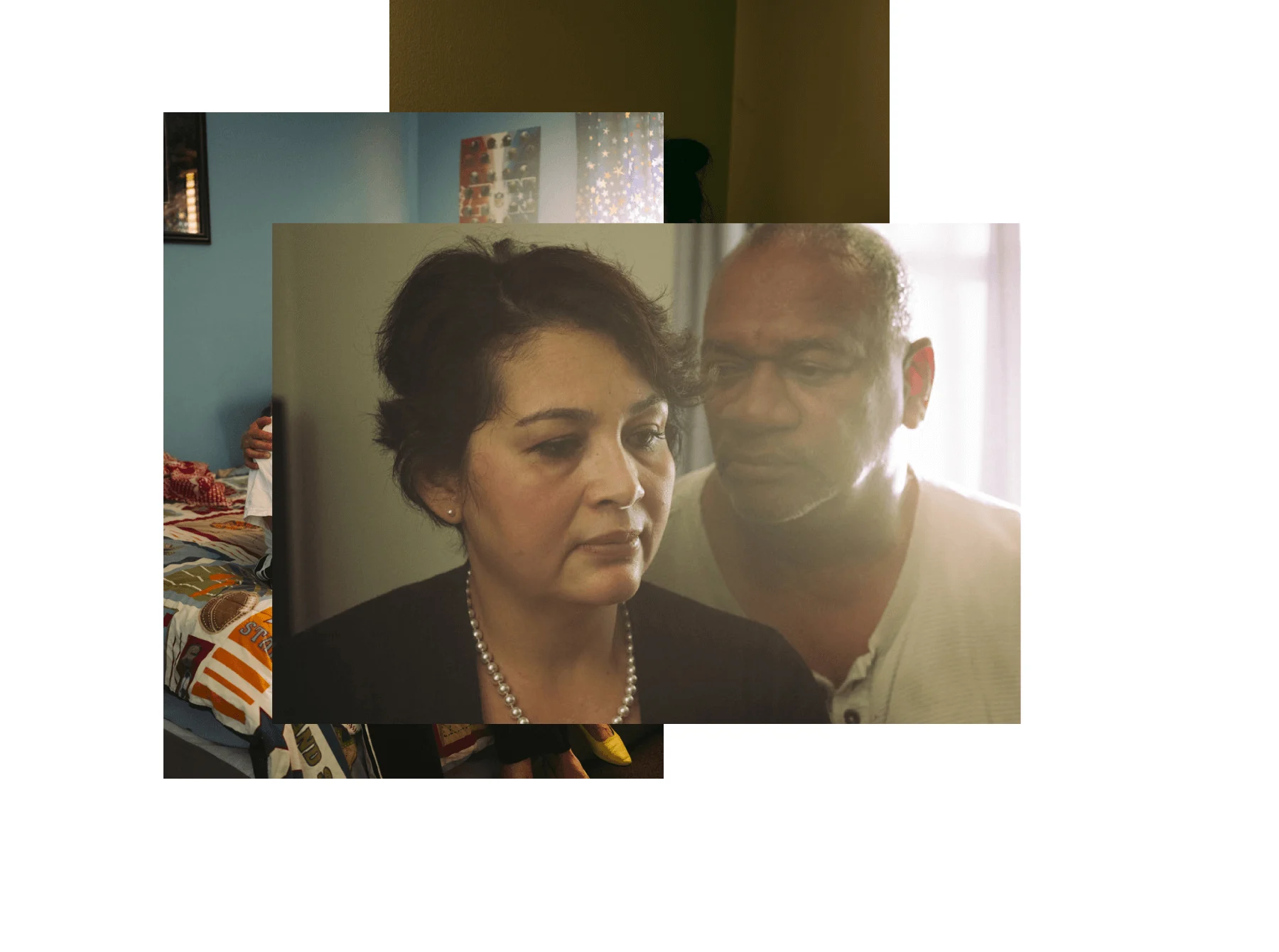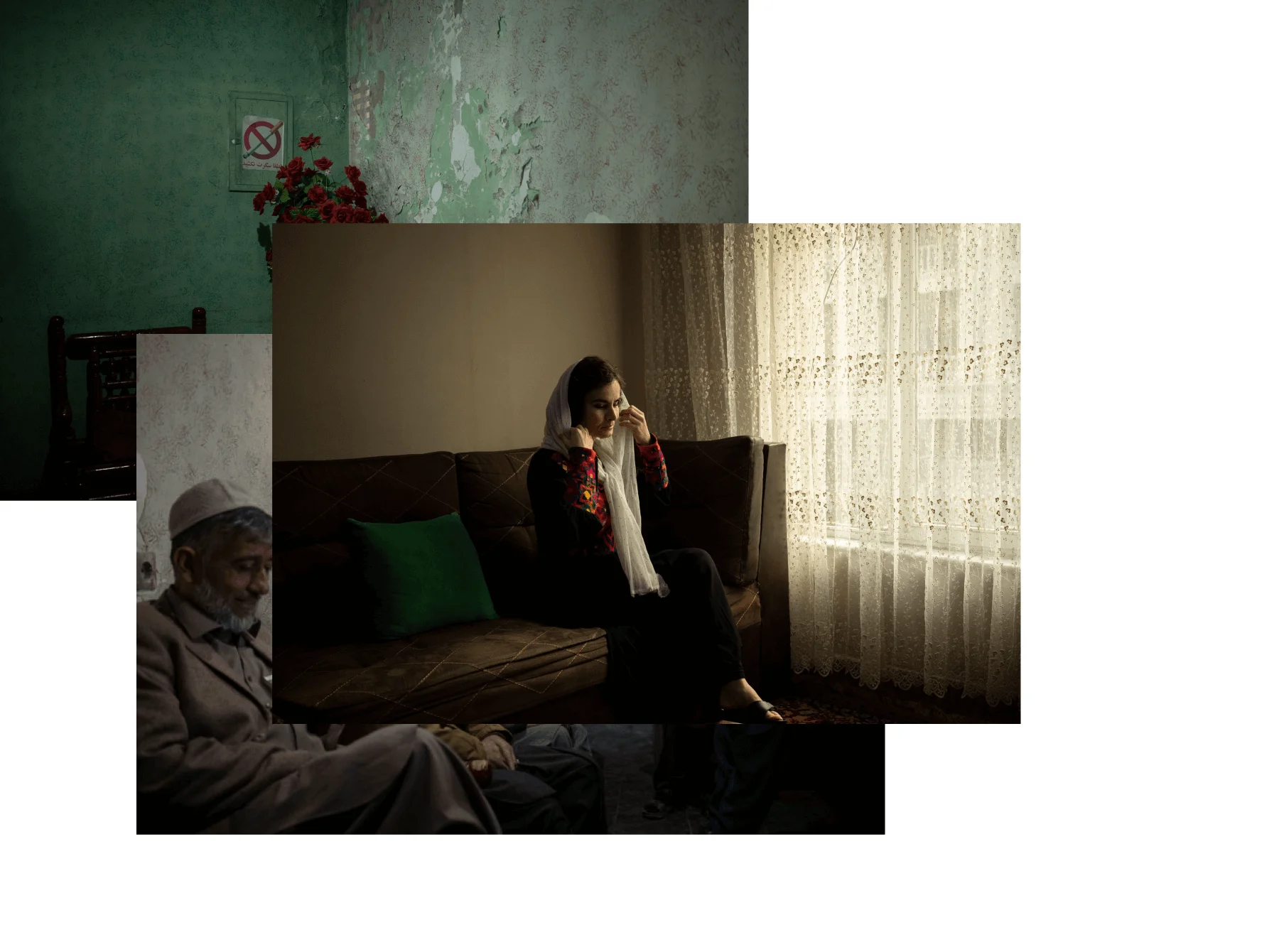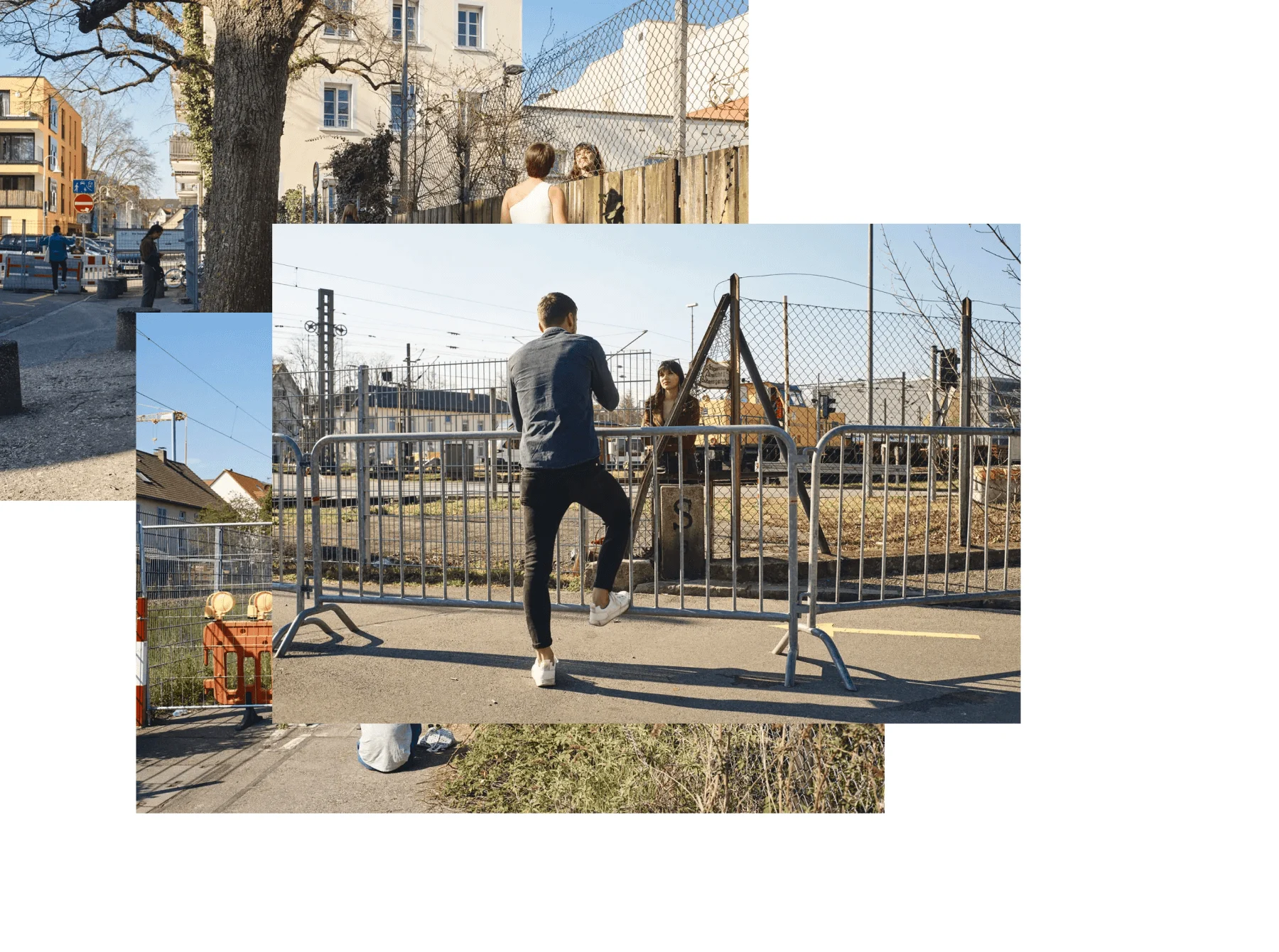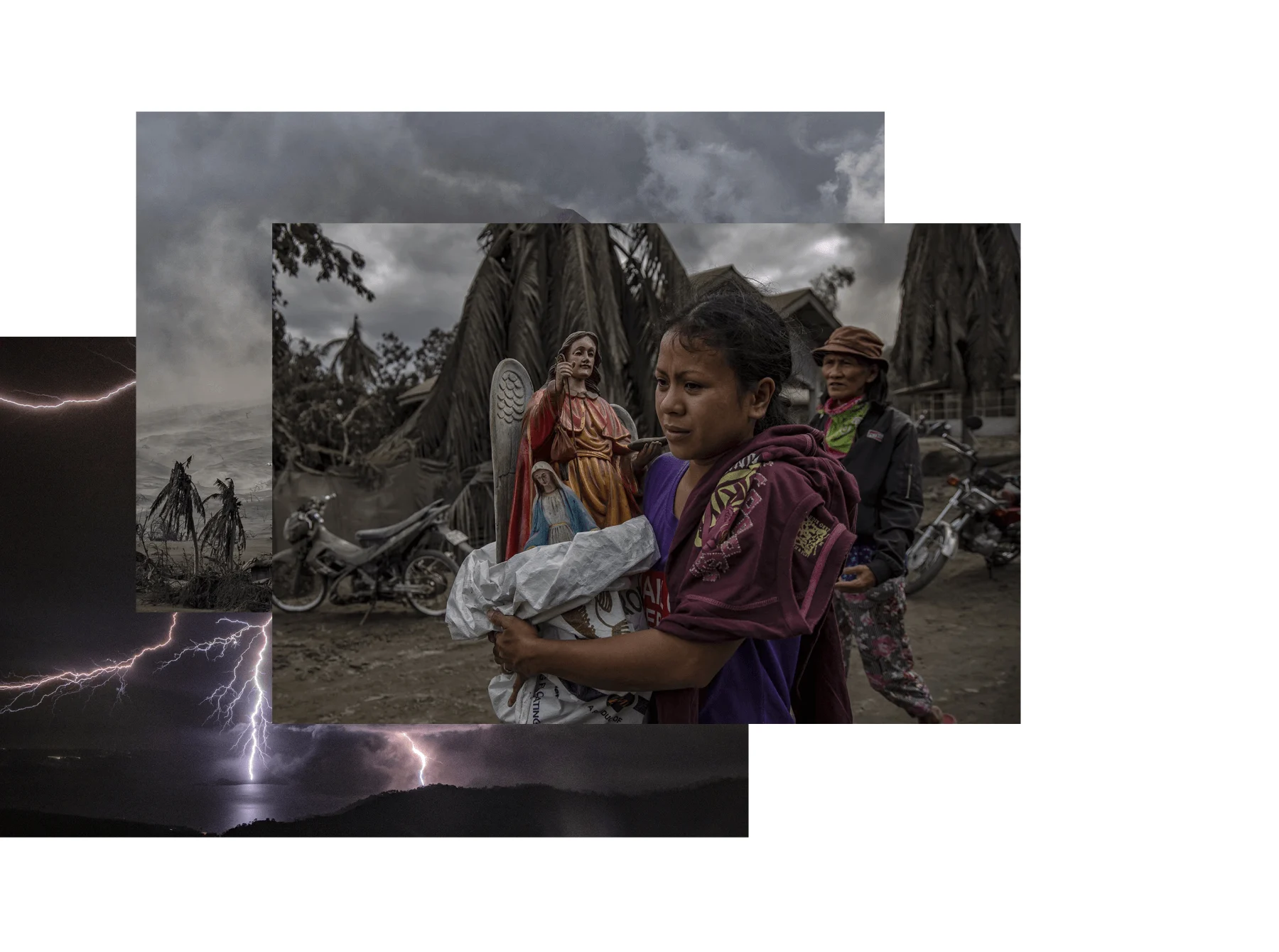
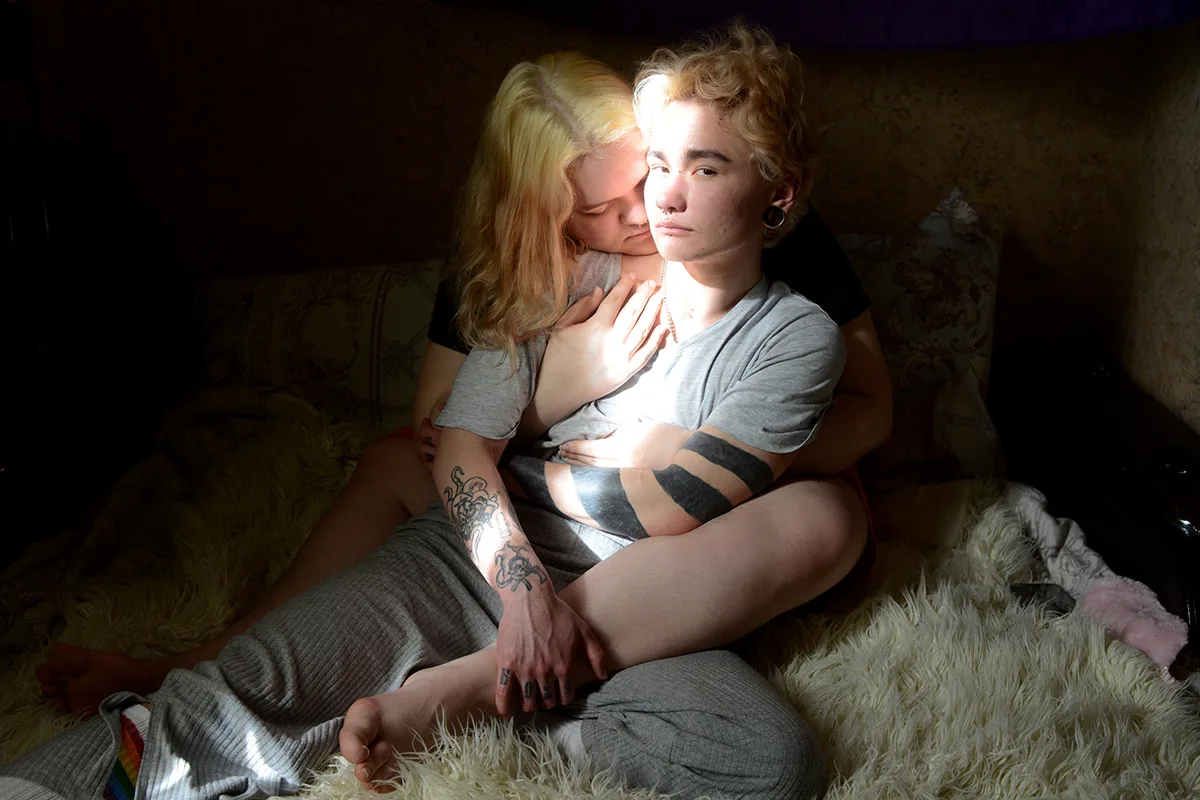
Photographer Oleg Ponomarev’s portraits enter the homes of five transgender men and women who are in the process of transitioning in Russia. They are among the first transgender people in the country to openly, unapologetically discuss their experiences without shielding their faces or hiding their identity. Beside the intimate portraits, each of them tells their story. Meet Ignat, Marina, Tim, Ekaterina and Damian, or as Oleg refers to them, the pioneers of Russia.
Since 2016, we’ve partnered with the World Press Photo awards to tell the stories behind the best photojournalism around, in the photographers' own words. See the whole series here.
“This subject has been on my mind for a long time. It was only a matter of time before I made a project about it. I wanted people to feel the special ambience within each portrait; I want you to simultaneously feel these subjects’ strength and their fragility. I think these people are the pioneers of Russia, although they might not see themselves that way. They are among the first in the country to speak about their experiences with unveiled faces.
Besides their sincerity and courage, I felt touched by the way they talked about themselves. They don’t want to be treated with pity, or to have people talk about their journeys with horror. These people talk about their transition as self-work.
We also talked a lot about parents. About how important it was to keep in touch with them, to tell them that there was nothing awful about the changes they’re going through. About the joy of being accepted by parents and the pain of not being accepted. We talked a lot about education, which is the key to a tolerant society. What I liked most about their stories was the inner strength, the light that helped them keep going.
I would not highlight Russia in particular when talking about the challenges these people are facing. The problems they talk about are things we see everywhere in the world. Violence and discrimination are an abomination, and it doesn’t matter who is targeted or what country is dealing with it.
The situation in Russia is difficult as well. But despite the high degree of homophobia and transphobia it’s because of brave people like the subjects in my project, who talk openly about their experiences, that our society can become more tolerant. The fact that there are more and more stories coming from the LGBTQ+ community shows that society is ready for that and it is time to stop pretending that those people don’t exist. The matter of education is very important. Most often, aggression is simply a reaction to something new, something that doesn’t fit into people’s existing picture of the world.”
Ignat

“I can not remember a single happy day at school. The bullying did not stop throughout all nine grades. I couldn't bear staying there for two more years. Both students and teachers talked to me like I was a criminal rather than a child. It was horrifying. Even the school psychologist would say nasty things. There was a rumor at school that I was talking about myself in the masculine gender, as the psychologist had told me to. I had asked him to keep it a secret, he was the first stranger to whom I told everything, but it was a huge mistake. When the whole school found out about it, insults and humiliations became permanent. It was a living hell. I think that such an attitude is a result of a corresponding upbringing. If I were told from childhood that gays and lesbians are evil, most likely I would have thought so myself, but thank god I was brought up in the right way. Hate is not okay. Thanks to the transition, I stopped feeling like a stranger in my own body. My self-improvement is not finished yet.”
Marina
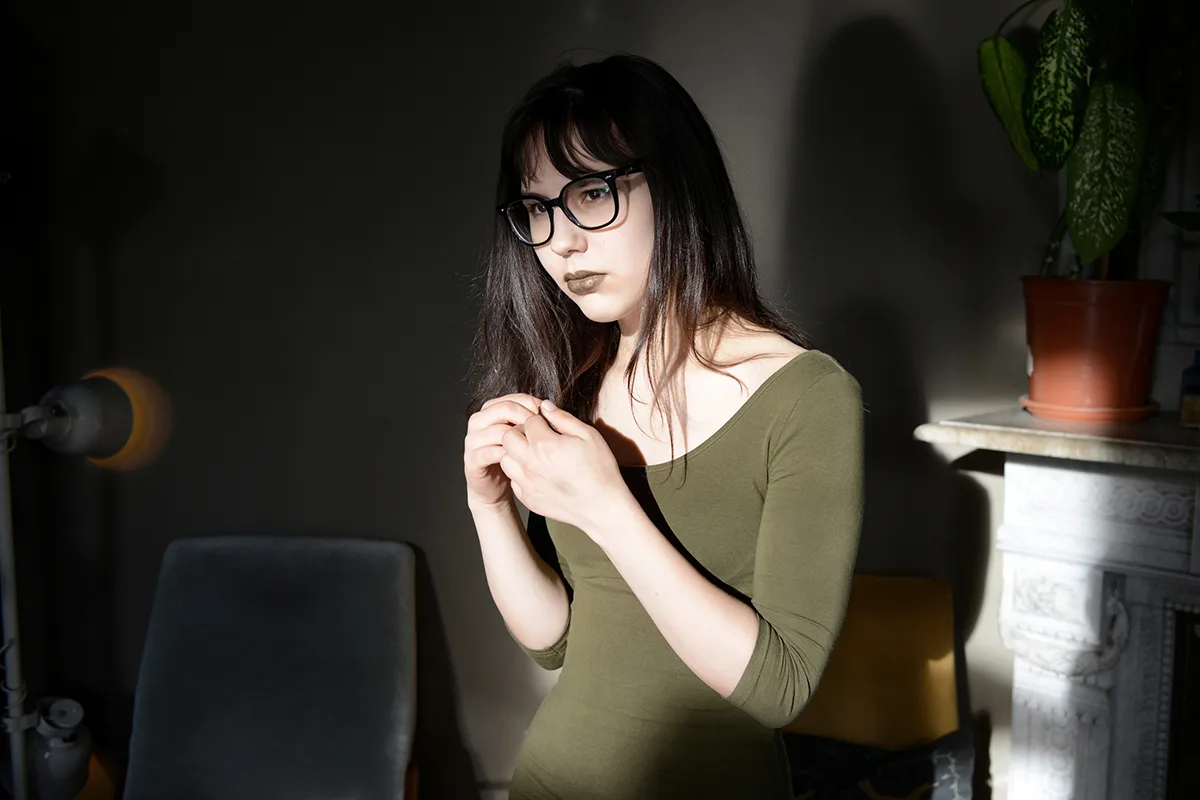
“Adults were saying that homosexuality is bad since I was a kid. Then the religion got involved and they told me it was a sin. I felt that they wanted me to be something I didn’t want myself. But I was ready to do anything just to be a good child for my parents. I was living like that until I turned 18. At university I was avoided and insulted behind my back. I could hear boys talking about me and calling me a fag. School was worse. They cut my hair off, gathered around, kicked me and spat on my face. I couldn’t stand up to them. Unfortunately, I’ve encountered aggression even after school years. I always have a bunch of keys in hand. After the transition, everything got better. Most of the time I like what I see in the mirror, but it's more about formation of personality. The most important changes did not come from hormonal drugs, but from what I read, observed and thought. I have a negative attitude towards plastic surgery. I think it is being imposed as the only way out for transgender women. People should be taught that their feelings are not sinful and there is nothing shameful about them. The work should be done not with a specific child, but with society. They mustn't be beaten at home or in the streets in order to learn how to interact with society. To do this, of course, you need to change the law. LGBT adolescents do not feel protected either at home, at school, or on the street. This is the root of the problem.”
Aggression is simply a reaction to something that doesn’t fit into people’s existing picture of the world.
Tim
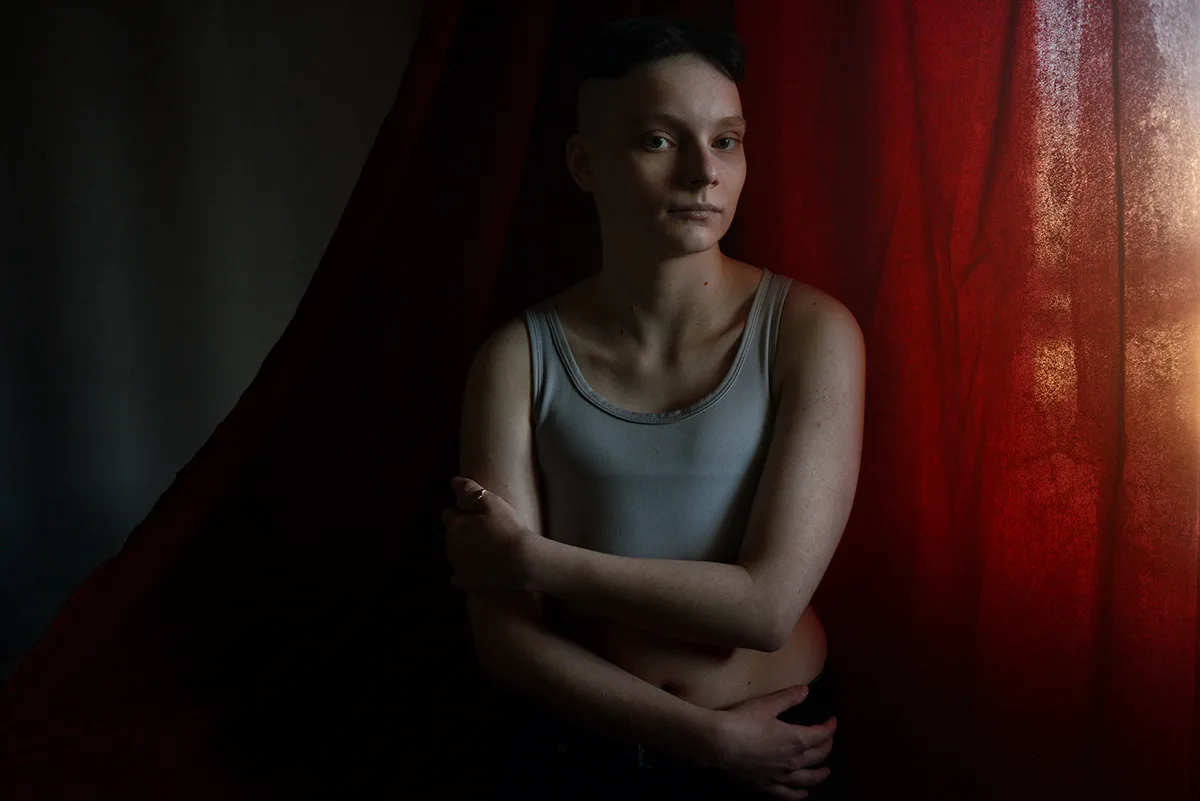
“When I was 16 a social transition began abruptly and radically. I visited a psychoneurological dispensary to see a psychiatrist and said: ‘I am transgender, give me a medical certificate, do something about it.’ I filled out some tests, and she looked at the test results and went to the director. The director replied: ‘Transgender people do not exist. We do not issue certificates.’ And I left. At college teachers bullied me; I left after the second year because of them. Quite often I encounter aggression. One day I was approached by acquaintances of someone I knew. They found out that I was not a ‘real dude’, and beat me with iron rods. They believed that I was a freak who should not exist. We do not have proper education, and people don’t want to learn. They’re likely to show aggression towards things they don’t understand. I came out to my father, but he reacted only with anger and hatred. He shouted that I was a monster. I will remember this forever. The relationship faded away. I believe that everything is in balance: light as much as darkness, pain as much as joy. Having survived the pain you will come to something good.”
What I liked most about their stories was the inner strength, the light that helped them keep going.
Ekaterina
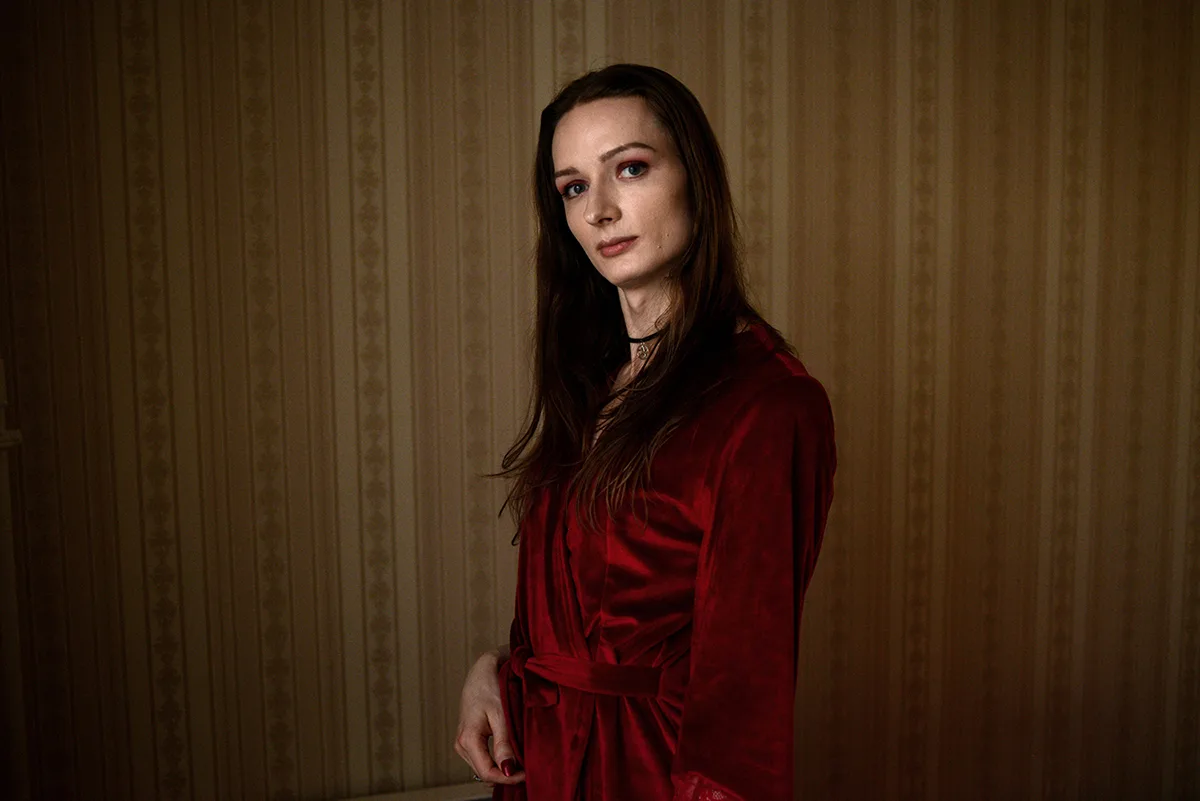
“I never asked anyone to address me only in the feminine gender, I see no point in this. I don’t want to bother anyone. Nature has messed up, but the responsibility has shifted to society — it is intolerant and keeping options closed. I don’t feel that anyone is imposing anything on me.
You can call me even Ivan if you have the heart to say this. In the past, I did not have enough information and started the transition at the age of 31, when my third marriage had ended. My psychological state began to scare me. Everything was moving in a bad direction, but I wanted to live. It’s been about a year and a half since the beginning of the transition, and now I am here, in the state that I only visited in my wildest fantasies. There are plenty of reasons to be proud — nature has done everything it could to spoil my life, but I am still alive, having fun, doing what seemed impossible.”
Damian
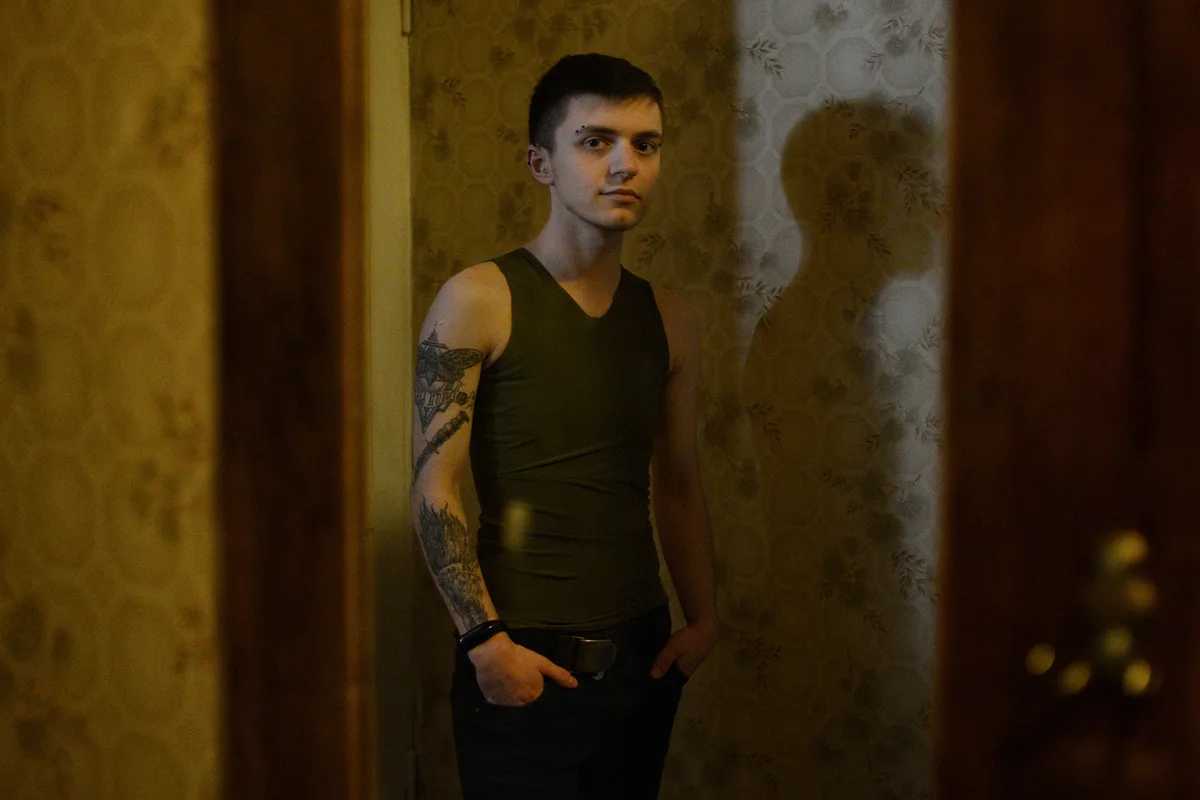
“I only learned the word "transgender" at the age of 12, but even in my early childhood something made me feel different from other girls. I lived with my grandparents and was raised to be a good human no matter what gender. I did not understand what was stopping me from thinking about myself as a girl and why this thought aroused such a rejection in me, as if it was something unnatural. I am very lucky to have my parents. Mom accepted me when I showed her my new documents, she adapted and began addressing me in the masculine gender, and my father supported me and adapted when I started hormonal therapy. I had problems at school because I was not accepted in the classroom. I spoke of myself in the masculine gender, dressed androgynously, and I withdrew into my shell. Children are cruel and it’s fun for them to bully those who are weaker. I even have a scar from a stone that was thrown. Unfortunately, girls and the LGBT community members are often treated as something lower and weaker than the rest. Objectification is a big problem. It is terrible when a person looks at another person like he or she is an object. It comes from being taught a certain way by your family. If education was based on love, kindness and humanity, then such a person simply could not understand why they need to bully and humiliate someone.”






